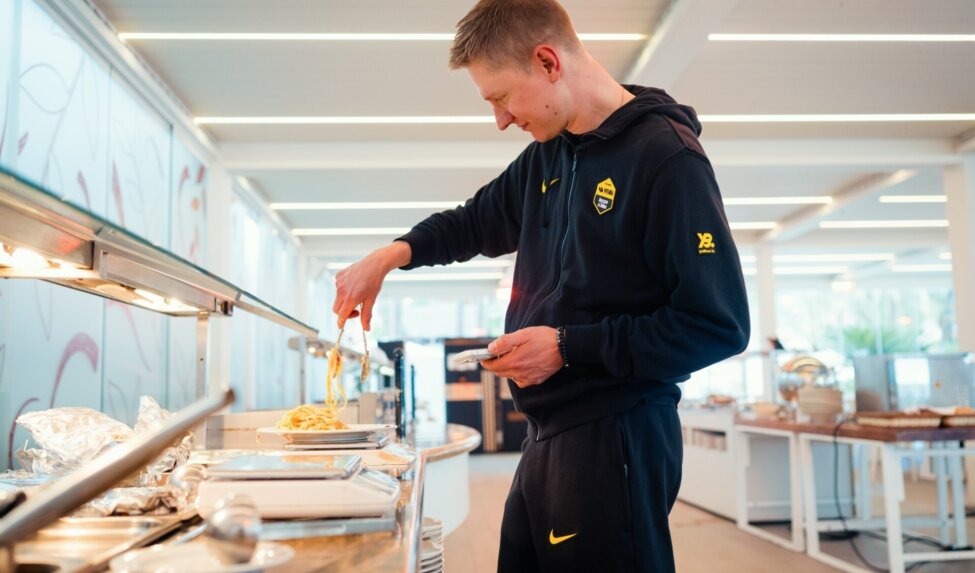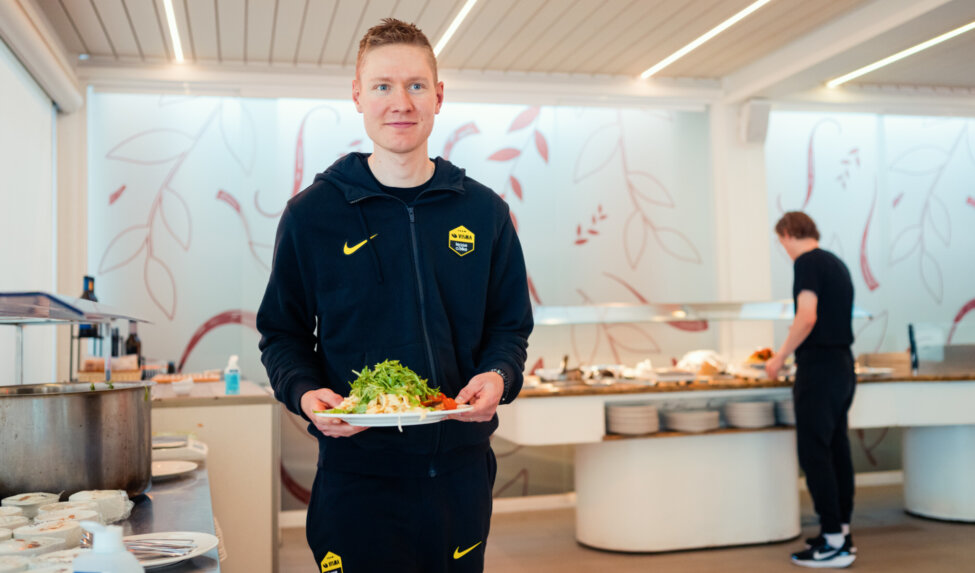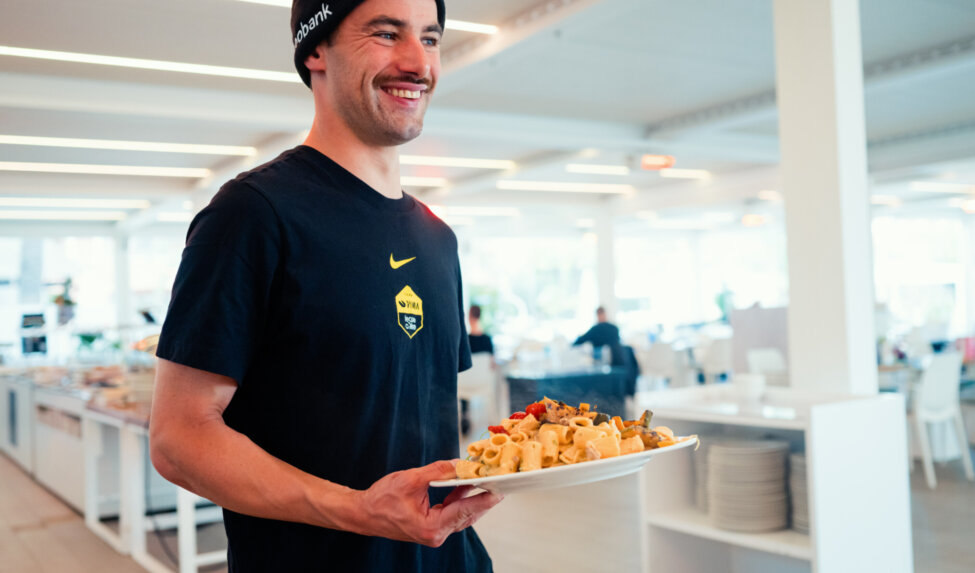How to fuel on the bike during my weight loss journey?
Prioritise effective fueling strategies during rides lasting over 90 minutes, even when focusing on weight loss, to support your training and weight loss goals. Focus on consuming carbs on the bike tailored to your training goals.
Why should I fuel during my ride when I am in a weight loss journey?
Avoiding carbohydrate consumption completely during cycling, especially when aiming to lose weight, can negatively impact your training output, compromise your health, and hinder progress toward your weight loss goals. It's crucial to prioritise proper fueling strategies during cycling, tailored to your training objectives, in order to:
- Support fitness progress: Fueling is essential for performing optimally during interval or tempo training sessions lasting 90 minutes or more. Failure to fuel adequately can hinder your training response and overall fitness progress.
- Increase energy expenditure: Proper fueling during cycling allows you to sustain higher power outputs during high-intensity training, complete longer rides without premature fatigue and support your recovery to be ready for your next training session. These factors enable you to burn more calories during each session, while also supporting you to keep up training throughout the week, both ultimately increasing the total amount of energy expended.
- Prevent negative metabolic effects: Prolonged periods of low carbohydrate intake during exercise can potentially lead to negative metabolic effects, including increased cortisol levels, impaired insulin sensitivity, and disrupted hormonal balance. These effects may hinder weight loss efforts and compromise metabolic health.
How do I get my on-bike fueling on point while targeting weight loss?
Fueling during cycling while in a weight loss period requires careful attention to balance energy needs for performance with the necessary calorie deficit. Therefore, carbs during cycling should not be completely avoided, but may be reduced in some training sessions. Tailor your carbohydrate intake based on the type of training and duration to optimise your fueling strategy:
- High-intensity rides (interval or tempo): During intense rides focused on performance improvement, maintain on the bike carb intake to support training progress.
- 0-60 minutes: You don't need to consume carbs on the bike
- 60- 90 minutes: Aim for 30 grams of carbs per hour
- >120 minutes: Aim for 60 grams or carbs per hour
- Prolonged endurance rides: For longer, steady-paced rides where performance is less critical, you can slightly reduce carbohydrate intake to create a larger energy deficit; while ensuring you have enough fuel to complete your ride comfortably.
- 0-90 minutes: You don't need to consume carbs on the bike
- 90-150 minutes: Aim for 30 grams of carbs per hour
- >150 minutes: Aim for minimal 45 up to 60 grams per hour
- Short endurance or recovery rides: For rides lasting no more than 90 minutes, consuming carbs during the ride may not be necessary. Instead, prioritise proper fueling with a balanced meal or snack before and after your session to support energy levels and recovery.
Use The FoodCoach App to set or adjust your weight goal and receive adjusted daily energy needs to reach your weight loss target. Optionally, overwrite the on-bike carb intake guidelines by FoodCoach to your specific training sessions, while taking both training- and weight loss goals into account.
For step-by-step guidance, select the 12-week ‘Smart Weight Loss Plan’ to get you started!








